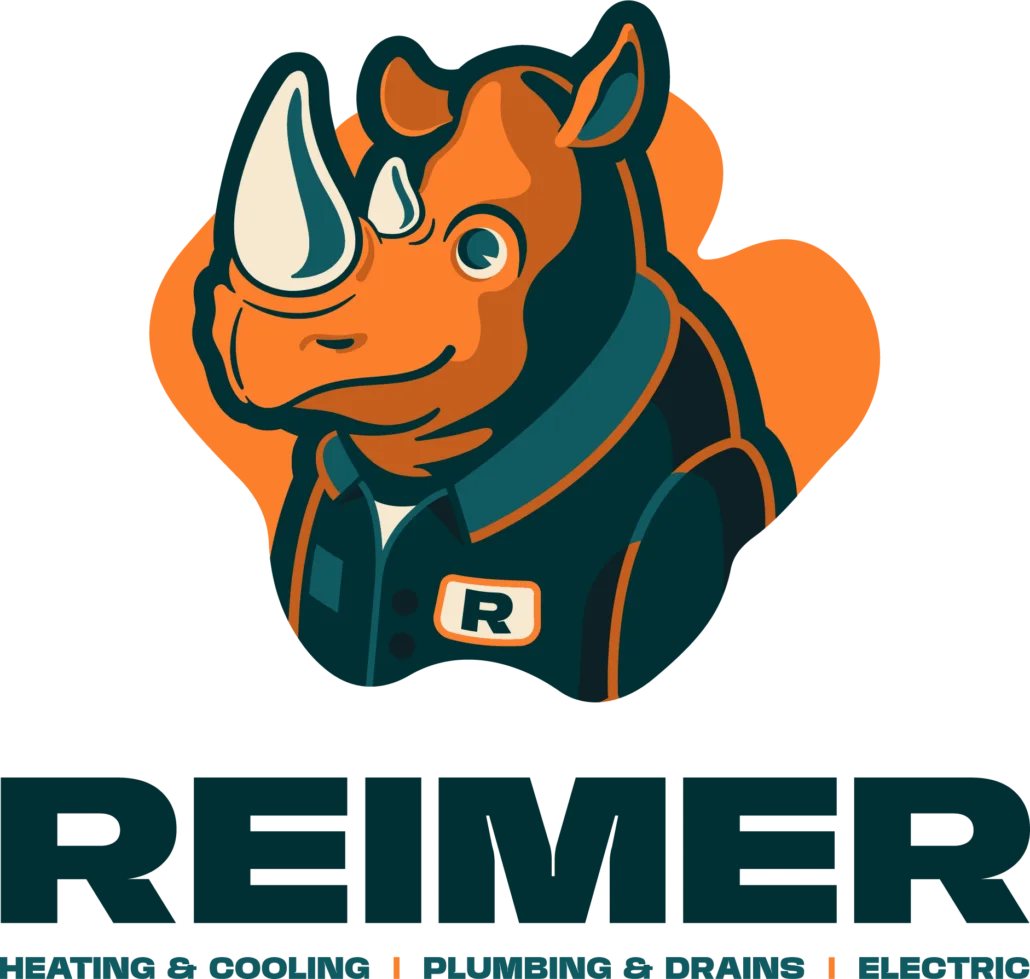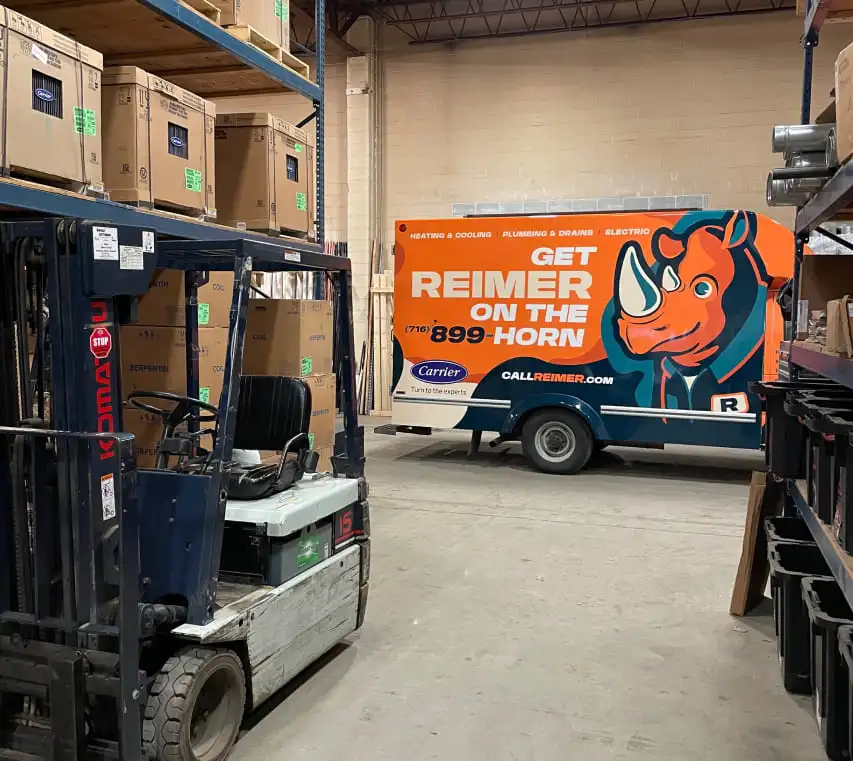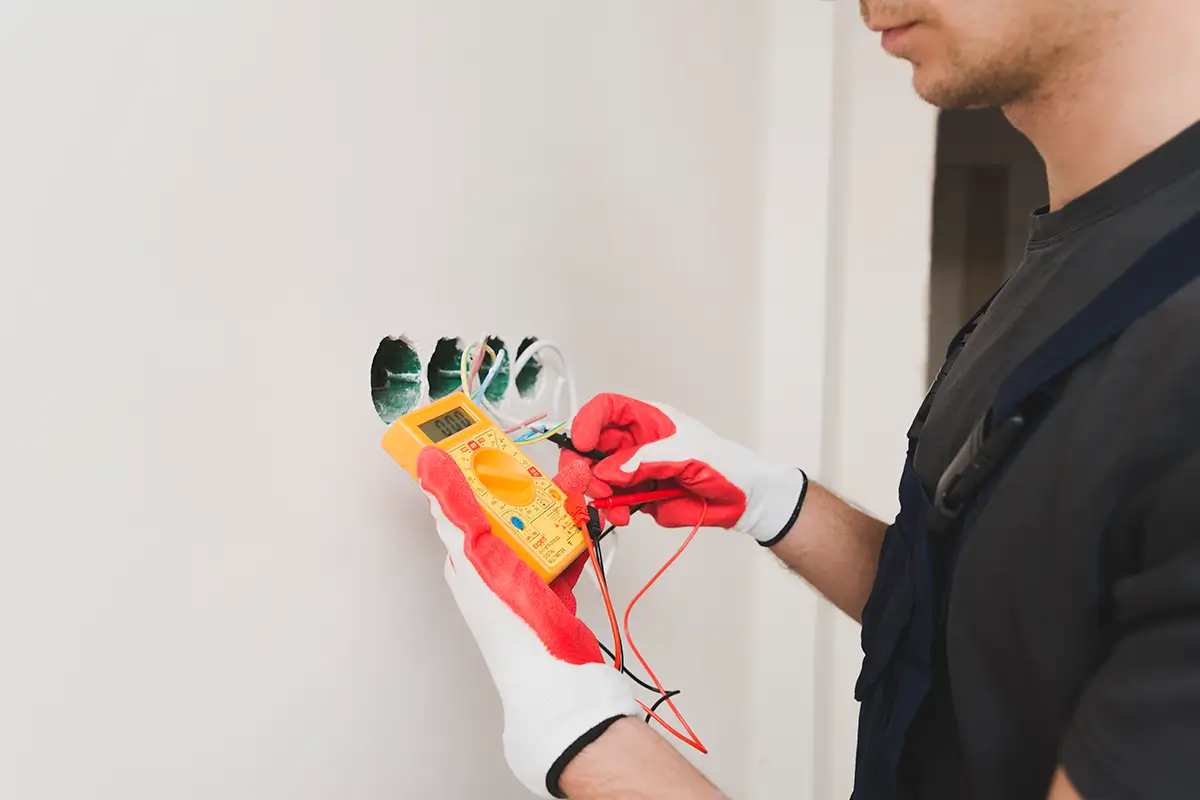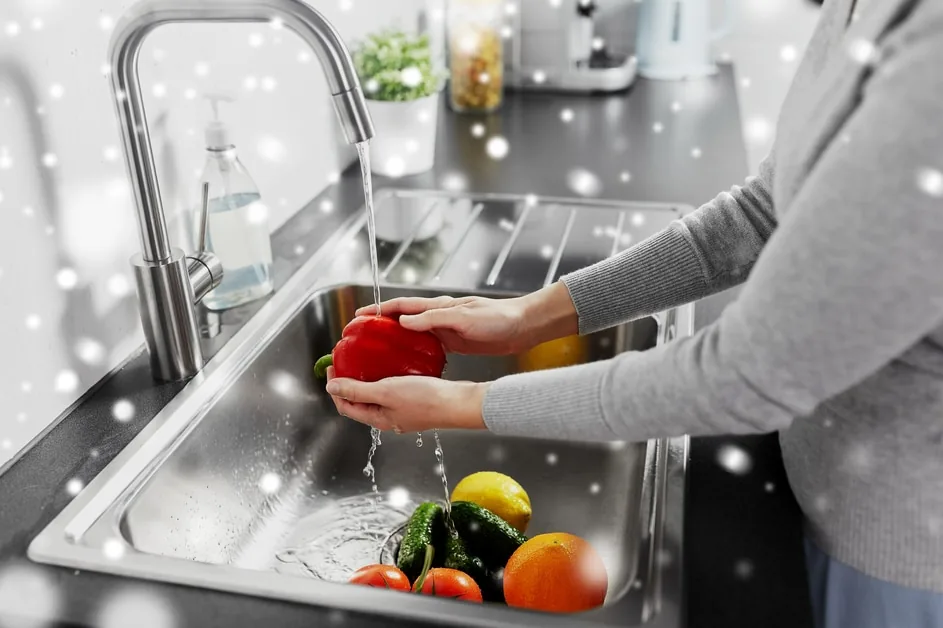If you need a new heating system in time for winter, you’ve no doubt heard about both gas and electric furnaces. While many homeowners have their preference between the two, both furnace types have their strengths. In this article, we’ll review what gas and electric furnaces are, how they work, and what makes them different from one another.
Ready to upgrade to a new heating system? Here in Buffalo and Western New York, Reimer Home Services is your best choice for new system installation. For a free in-home estimate on a new gas or electric furnace, call us—and be sure to ask about our financing, available with approved credit.
Get to know: gas furnaces
Gas furnaces use one of two forms of fuel: natural gas or propane. An obvious prerequisite for owning a gas furnace is having a gas connection at your home.
These furnaces feed either type of fuel into a combustion chamber, where it is ignited, generating heat energy. This heat energy is transferred to your home’s air by way of the heat exchanger—a critical component separating the internal combustion chamber from the outside air. The blower pushes the now-heated air through the air ducts of your home, gradually heating each room to the temperature you set the thermostat at.
As with all heating systems, all gas furnaces have an Annual Fuel Utilization Efficiency (AFUE) score assigned to them. This score is the ratio of heat produced to fuel consumed in its production. The baseline for all home furnaces is 80%, but many of the most advanced gas furnaces on the market today can get up to 97 or 98% AFUE.
What are the benefits of a gas furnace?
There are several upsides to installing a new gas furnace in your home:
- Less impacted by power outages: If the power goes out during a blizzard, most gas furnaces can continue to heat your home and protect your pipes, all without the need for a heavy-duty backup generator.
- Cost-effective: Since gas is often cheaper than electricity, you’ll save money on your energy bills.
- Environmentally friendly: Natural gas furnaces reduce the burden on local utility companies to provide electricity, which is often produced by oil or coal-fired power plants.
It should be noted that the gas furnaces manufactured today are built with safety sensors and mechanisms designed to keep the combustion process consistent and safe. However, one of the potential downsides of a gas furnace is the possible risk of a fault with the heat exchanger, which could allow gas to enter the air of the home.
At Reimer, we recommend you always have an experienced professional install and service your furnace, and you call our team if you notice any performance or efficiency issues with your system.
Get to know: electric furnaces
Electric furnaces draw on the electricity used by every other appliance in your home. Electricity is run through heating elements, heating them up. A blower pushes cold air past these superheated elements, heating the air before further pushing it through ducts to the living spaces of your home. If you have an electric space heater, the concept should be familiar: in many ways, an electric furnace is a whole-home space heater!
As with gas furnaces, electric furnaces have a government-mandated AFUE floor of 80%. However, many models can approach 96 or 97% AFUE, putting their efficiency on par with gas furnaces.
What are the benefits of an electric furnace?
There are many reasons that an electric furnace might be the right fit for your home:
- No need for a gas connection: Electric furnaces can provide reliable heating to your home without the need for a pre-existing gas line connection.
- Lifespan: Most electric furnaces last longer than their gas counterparts, which means you might not need to replace the system as soon as with a gas furnace.
- Costs: While exact prices can vary between models, many electric furnaces are less expensive upfront than their gas counterparts with similar AFUE ratings and features.
Which type of furnace is right for your home?
On this front, there’s no right answer. Every home is different, and heating needs, energy efficiency, and more can vary from home-to-home here in Buffalo and Western New York. There are also other heating options—such as ductless systems—to consider.
If you need a new heating system, we recommend calling us here at Reimer Home Services. We provide free in-home estimates on new heating systems, and our techs can match you to the right gas or electric furnace for both your home and your family’s comfort needs.





